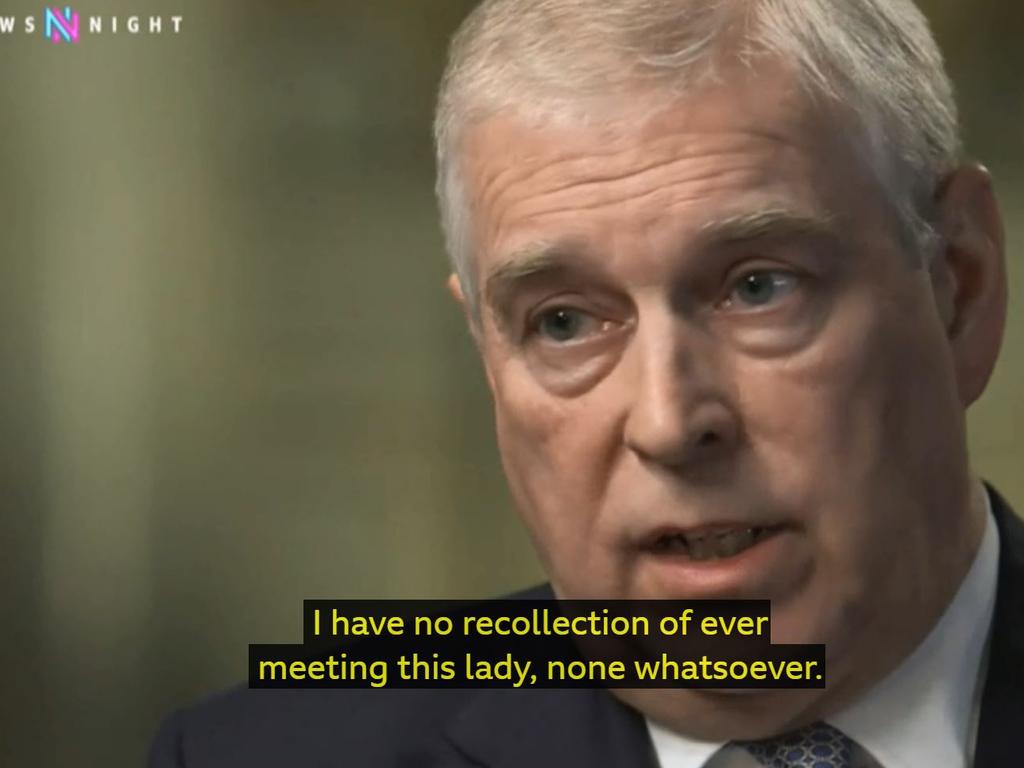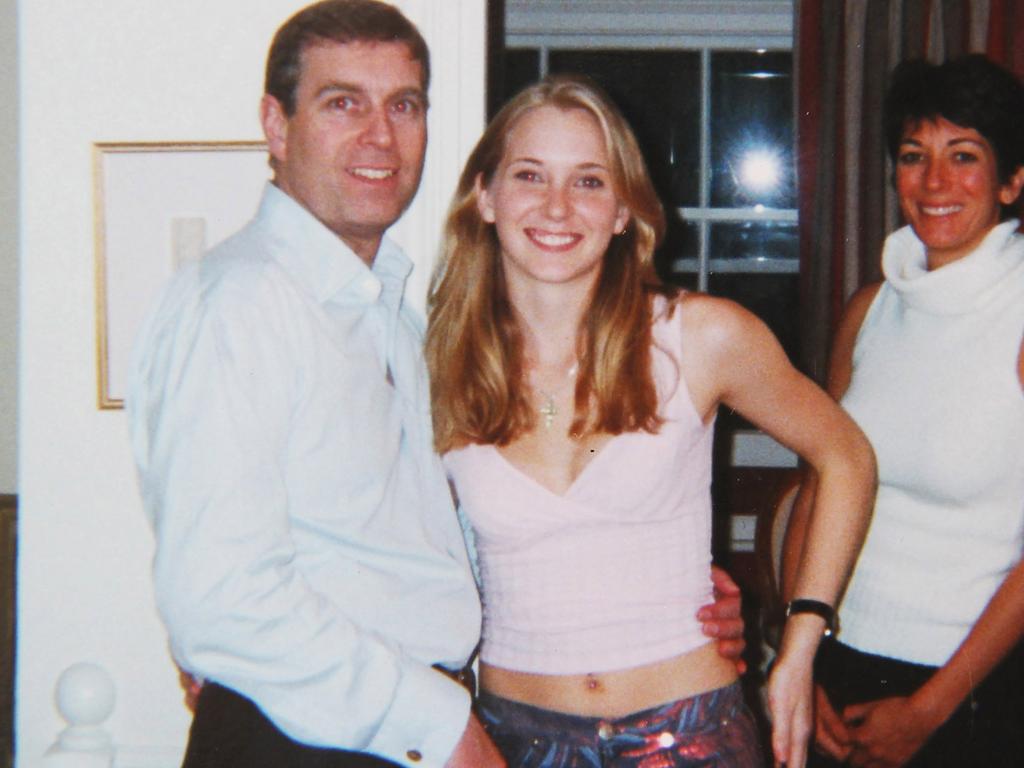David Boies: The pit bull lawyer ruthlessly pursuing Prince Andrew
80-year-old David Boies, who represented Harvey Weinstein, is seizing the chance to repair his reputation by going after Prince Andrew.
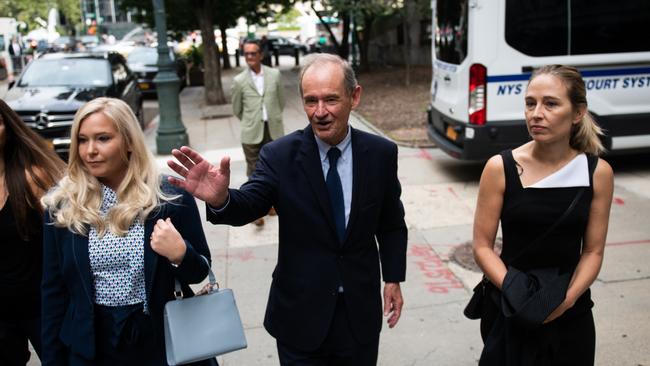
Virginia Roberts Giuffre’s civil case against Prince Andrew is being heard in a New York court on Monday. She is seeking unspecified damages from the prince for sexual assault and emotional distress. The preliminary hearing marks the start of an excruciating process that will see Andrew’s accuser giving evidence under oath. He will not be attending - he is at Balmoral with his mother Queen Elizabeth - and vehemently denies wrongdoing.
Lawyers for his accuser claim to have served him with legal papers after a bizarre sequence of events at Andrew’s Royal Lodge home at Windsor last month. A UK-based corporate investigator, Cesar Sepulveda, went to Windsor on August 26 where he tried and failed to serve the papers. Police on duty had failed locate anyone senior in Andrew’s staff to take delivery. The following day at 9.15am, Sepulveda returned to Royal Lodge and the documents were left with police. Sepulveda did ask if he was able to meet with Andrew but was told this was not possible. The summons, contained in a plastic sleeve and A4 envelope, was deemed to have been served.
For Giuffre, who alleges that Andrew sexually abused her at least three times when she was 17, it is a shot at the justice that Jeffrey Epstein, a former acquaintance of Andrew, deprived her of when he took his life in a New York cell in 2019 while awaiting trial on child sex-trafficking charges. She claims one of the alleged cases of abuse occurred at Epstein’s Manhattan mansion.
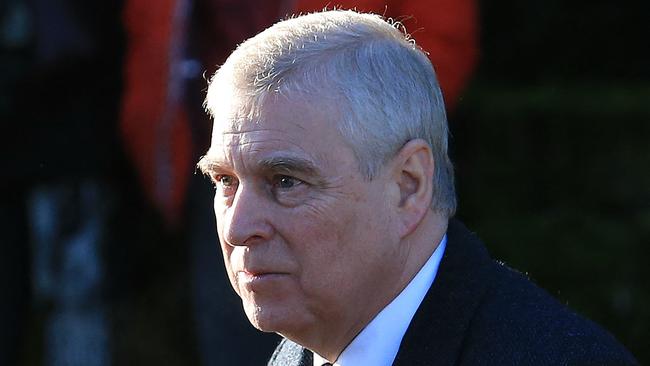
But there is a third person for whom the stakes are also high. Giuffre is being represented by David Boies, 80, one of the most celebrated litigators in America - and at just under $US2000 an hour, one of the best-paid. Boies was, until recently, a towering figure of the Democratic left. He represented Al Gore against George W Bush when he challenged the “hanging chads” election result in Florida in the Supreme Court in 2000. It was his challenge to Proposition 8 in California, which in 2008 had barred same-sex marriages, that succeeded in the Supreme Court in 2013. He could have enjoyed the twilight of his career in peace.
But in 2015, Boies became embroiled in not one but two of the biggest scandals of the past decade: defending his long-term client Harvey Weinstein against an onslaught of sex assault allegations, and aligning himself with Theranos, the collapsed biotech company founded by Elizabeth Holmes, whose trial on charges of fraud and conspiracy began last week.
For Boies, Giuffre’s case, which he has taken pro bono, is a chance to rewrite the last chapter of his career. “Absolutely Boies cares about the reputational hit of the past few years,” says Stephen Gillers, a professor at New York University’s school of law. “Not because it will hurt his income, because it won’t, but because he wants to preserve that reputation for posterity, long after he is gone.”
Boies was always a maverick. He overcame severe dyslexia and started his career in New York, at the corporate law firm Cravath, Swaine & Moore, where he made a name as an intuitive and brilliant litigator. “He is a force of nature in the courtroom,” Gillers says. “He can sense what a witness is trying to hide and extract it in an unhurried way - the longer it takes, the more extreme the pain for the witness.”
Boies was also drawn to the limelight. He tried to bring a young Donald Trump to Cravath, before being blocked by the firm, and became a staunch defender of the liberal press. He represented CBS when it was sued for libel by General William Westmoreland, a former military commander in Vietnam, over a 1982 documentary about the war. The two sides settled out of court in 1985.
Boies founded his own firm, Boies Schiller Flexner, in 1997. By 2018 it had 340 lawyers and average profits per partner of dollars 3.2 million, among the highest in the US. He has homes in Westchester County in upstate New York and a 1,000-acre estate in California. He has been married four times and has four sons and a daughter. He owns a vineyard and a racing yacht and collects fine wines.
Boies was introduced to Weinstein in 2001 by the magazine editor Tina Brown. The Hollywood producer hired him and the two became close. Boies was invited to premieres. The Weinstein Company put his daughter, Mary Regency Boies, in the hit 2012 film Silver Linings Playbook, and distributed a movie she produced. Boies formed a film production company with one of his law partners, investing $US5 million each in two Weinstein films, Gold and The Upside, which flopped.
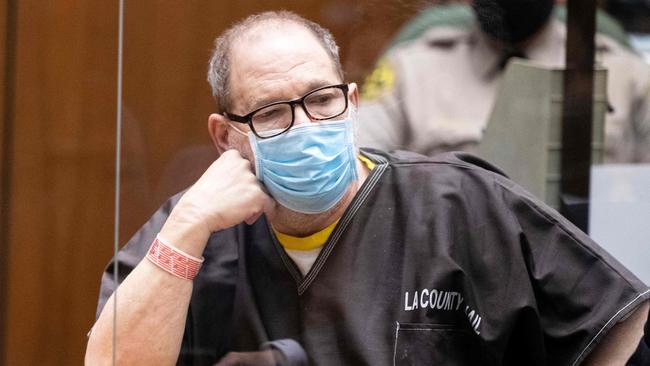
The allegations against Weinstein started almost immediately after he hired Boies. In 2002, Boies talked The New Yorker magazine out of publishing allegations of sexual harassment. He argued that the encounters were consensual and none of the victims would go on the record. Boies was also aware there had been settlements with some accusers. “I knew of two or three over the last 20 years,” he told The New York Times in 2018. Beyond that, he claims he was in the dark. “Harvey had a reputation as a philanderer. But there was never any evidence or indication of assault, rape or threat of force.”
Asked by the New Yorker journalist Ken Auletta how he could represent someone like Weinstein, he replied: “I’m loyal.” This loyalty would be seen again when he was introduced to Holmes.
The wunderkind had founded Theranos in 2011 and was being hailed as the next Steve Jobs. She gave Boies a tour of her Silicon Valley lab and he was so impressed that, when she hired him and his firm as in-house lawyers, he accepted half their fees in Theranos stock. This eventually amounted to 400,000 shares, worth roughly dollars 7 million at their peak.
In 2015, Boies joined the board at Theranos. That year, John Carreyrou, a reporter at The Wall Street Journal, revealed that Theranos’s blood-test technology was faulty and the company was, in effect, a sham. In his book Bad Blood, Carreyrou laid out the aggressive efforts by Boies and his firm to intimidate and silence whistleblowers. He said the firm behaved like “thugs”, an allegation that Boies has claimed was “over the top”.
But in 2017 he found himself engulfed in the Weinstein #MeToo scandal. By then The New York Times and Ronan Farrow at The New Yorker were digging into Weinstein’s history of abuse. Boies agreed to act for him unpaid, as a “friend”, to write legal letters despite the fact that his firm was also employed by The New York Times. It later emerged that Boies had also signed an agreement with Black Cube, an Israeli agency that used undercover operatives to dig into the lives of Weinstein’s accusers in an effort to stop the investigations.
When the Weinstein stories were published, Boies said he was stunned “by the nature of the allegations” and the number of women who came forward. In November that year, he and Weinstein “mutually agreed” to part ways.
Whether this has hurt him professionally is up for debate. Gillers says Boies is still in demand. He believes that Boies’ desire to represent the Epstein victims is genuine and impassioned. But there might also be something else on his mind.
In an interview with The New York Times three years ago, he agreed that the Weinstein and Theranos episodes would probably feature in his obituary.
Then he rallied. “I’m proud to be a lawyer and to serve the justice system,” he said. “That’s essential to everything we care about: liberty, equality, inclusiveness, the pursuit of happiness. The justice system protects the weak and limits the strong.”
What better postscript could you hope for than dragging a reluctant prince to court.
The Sunday Times


